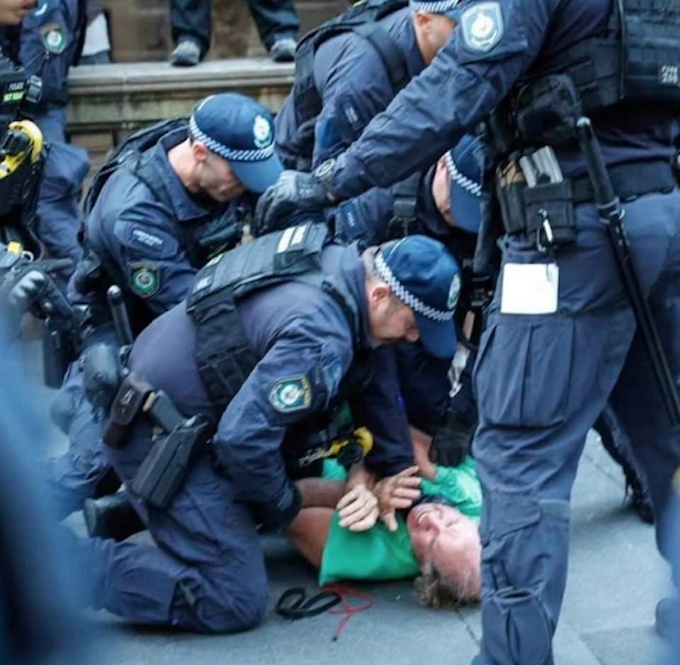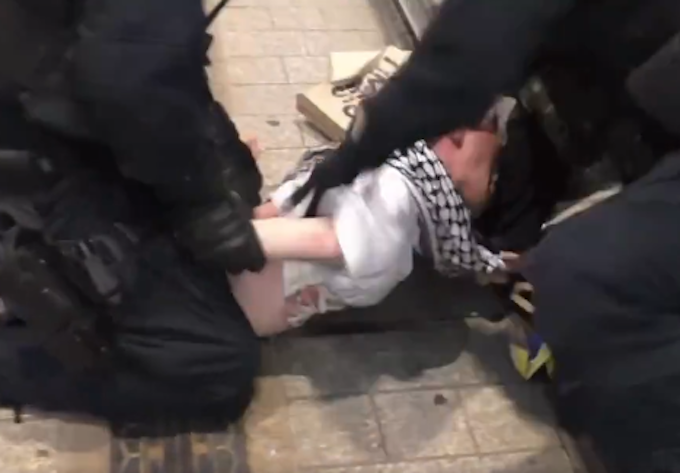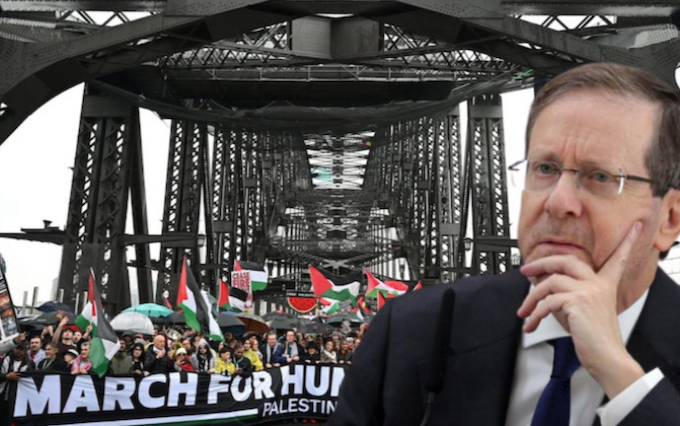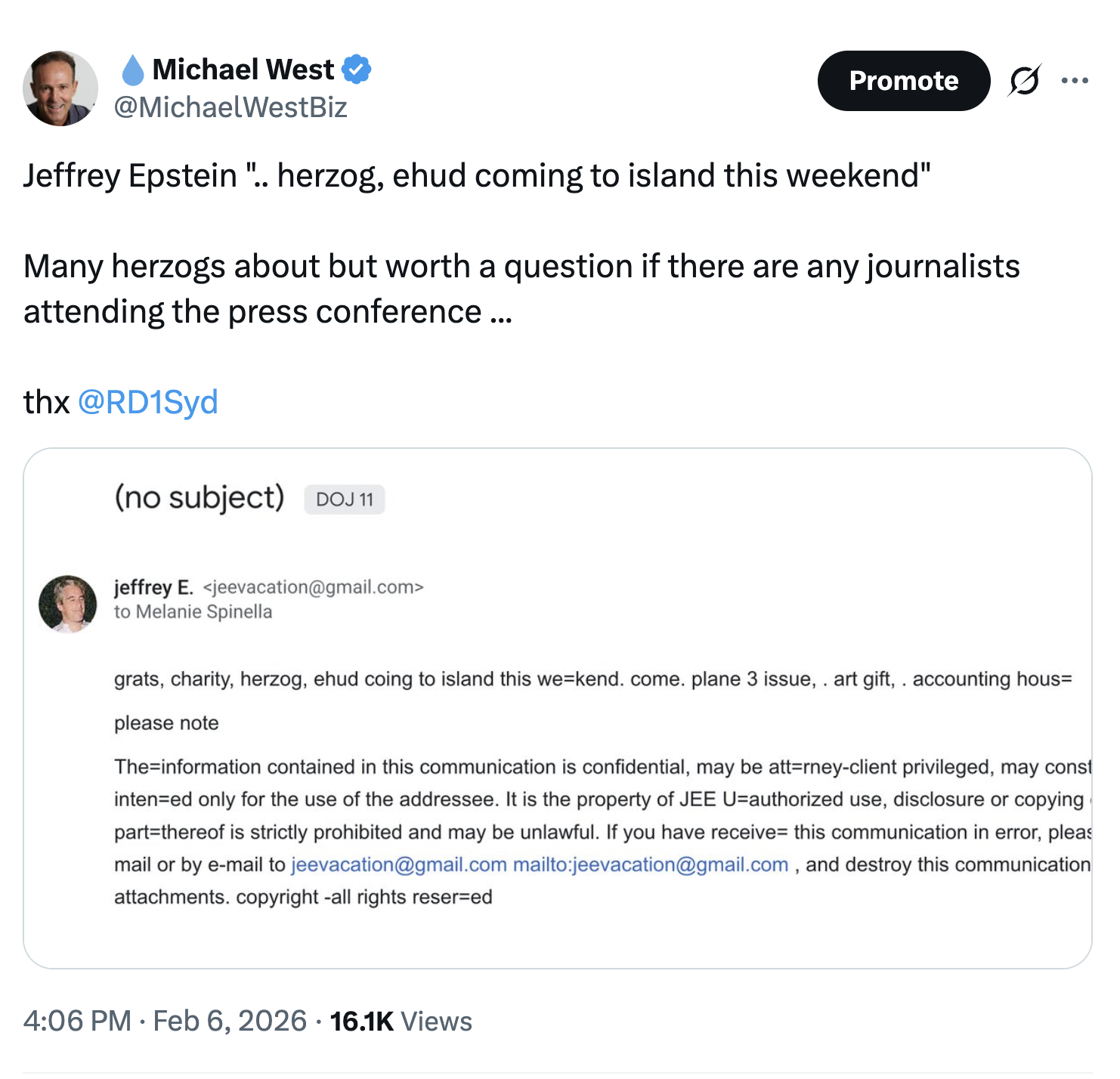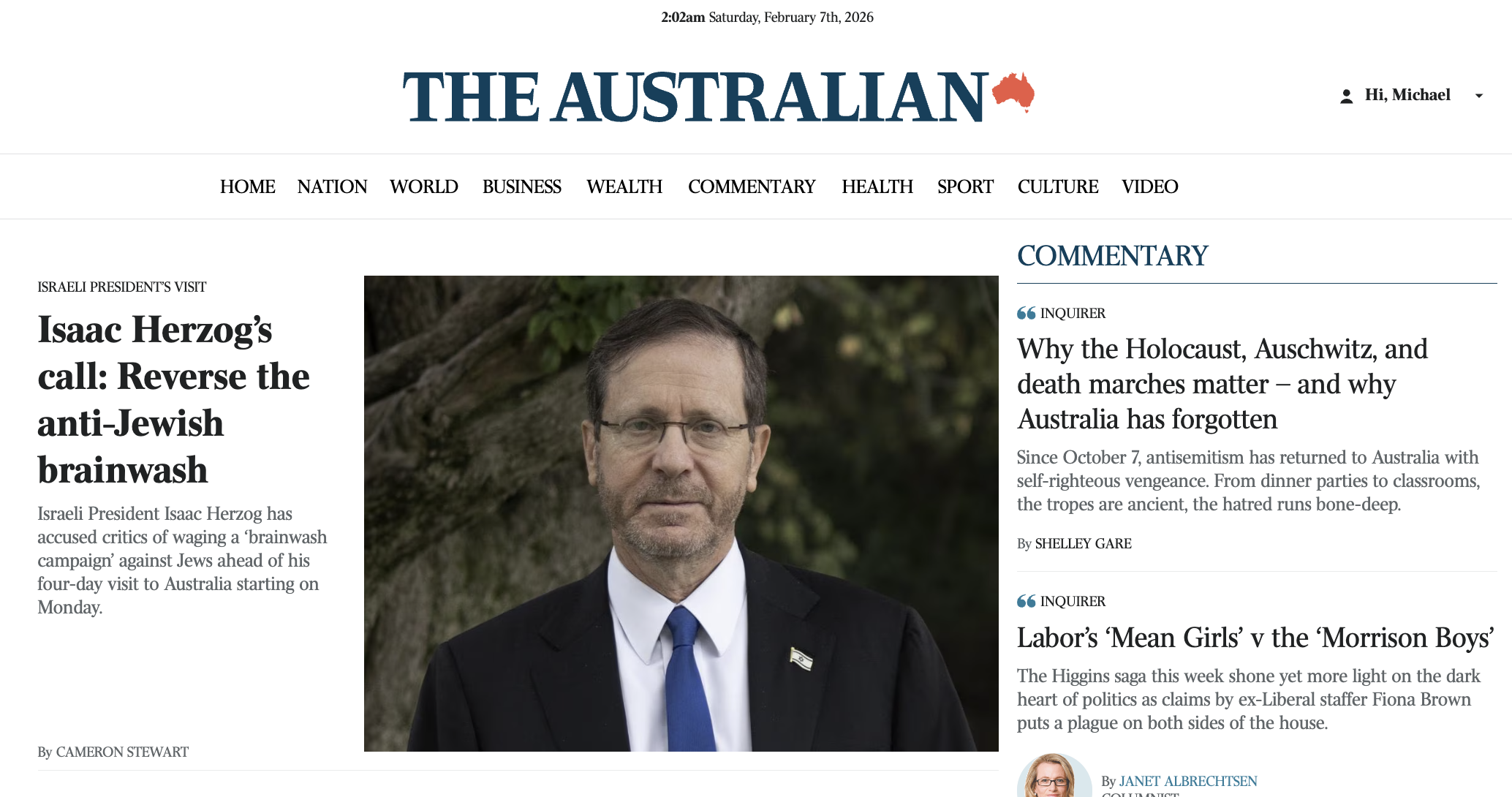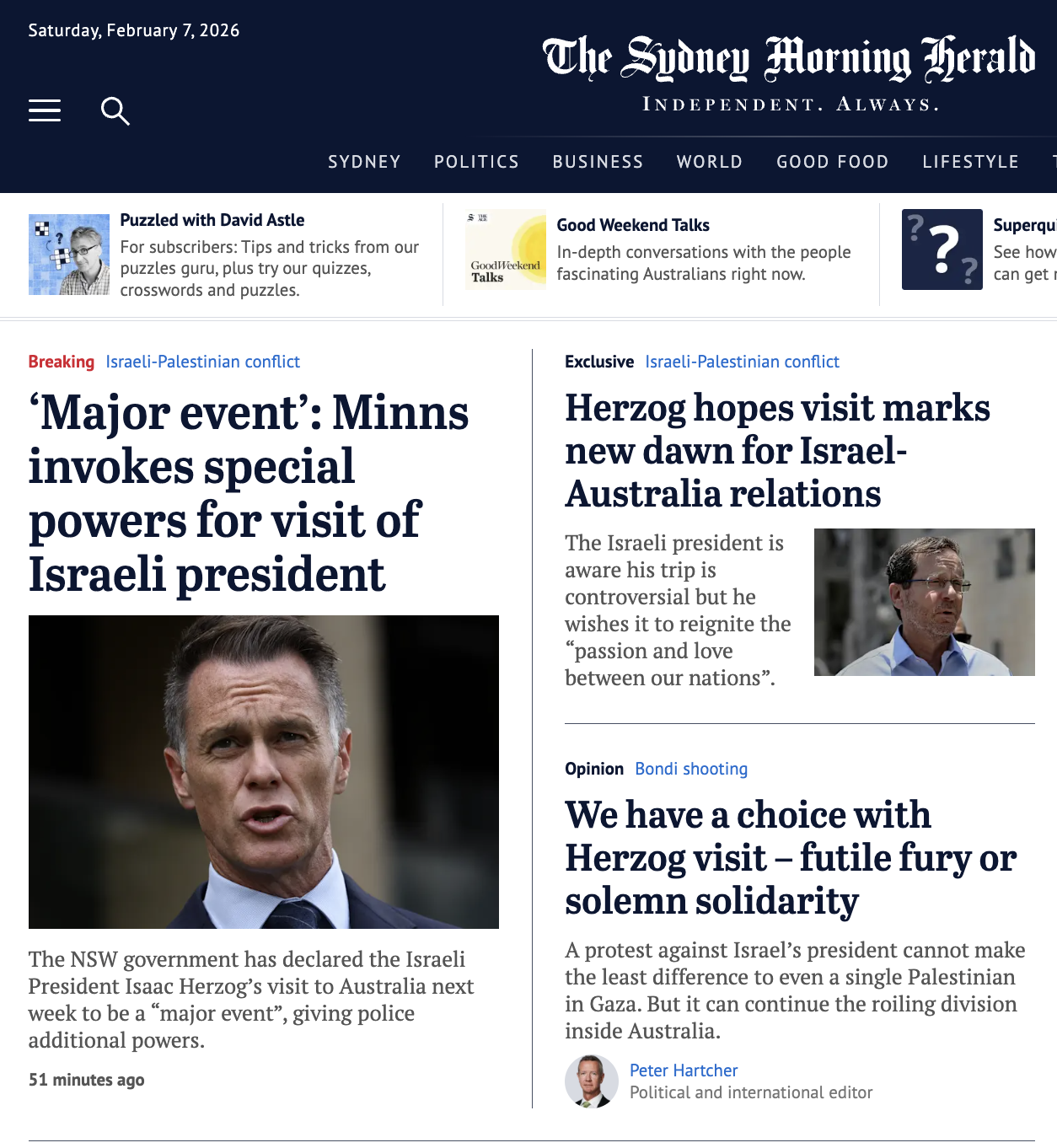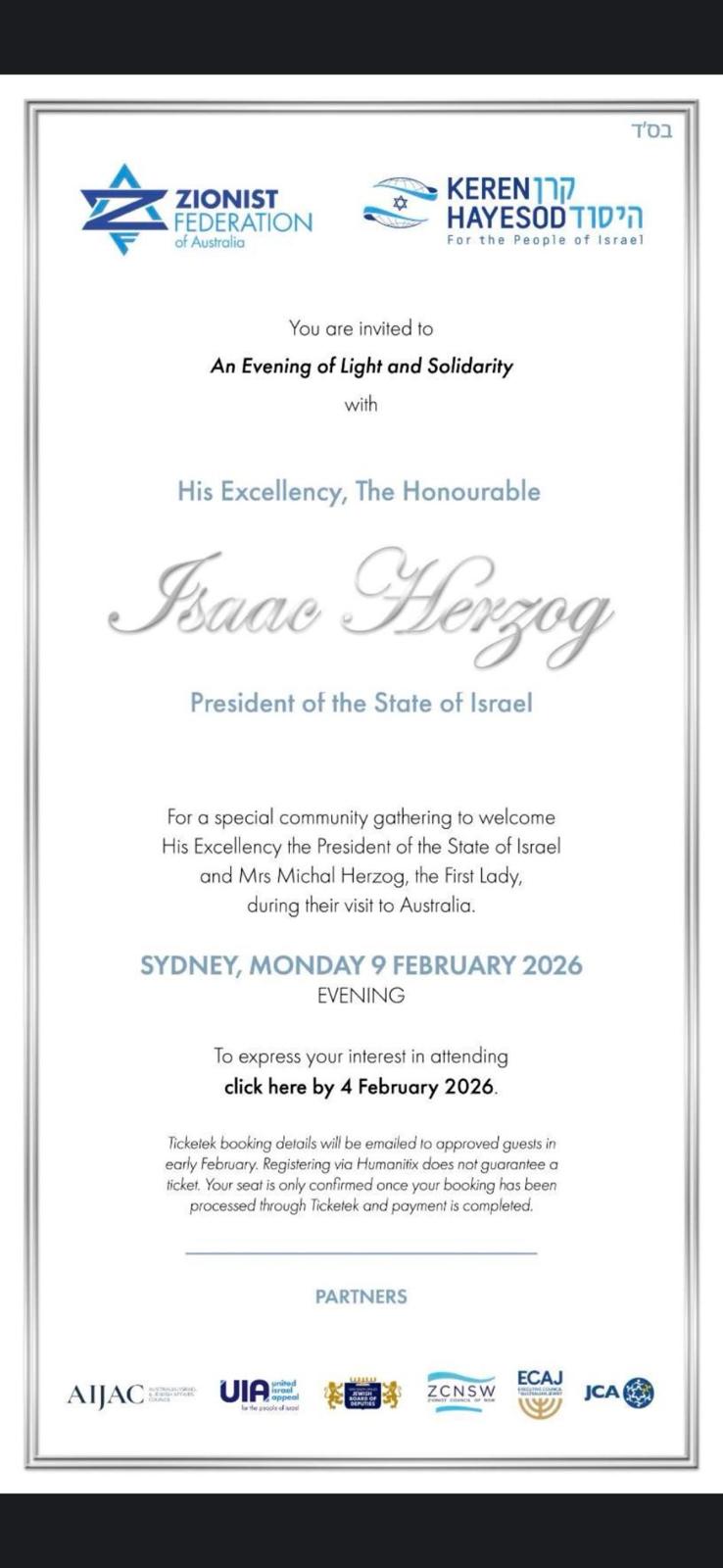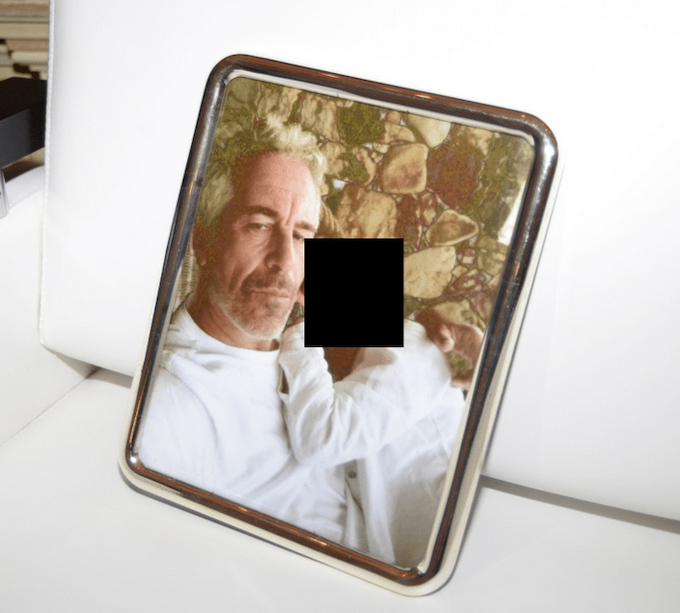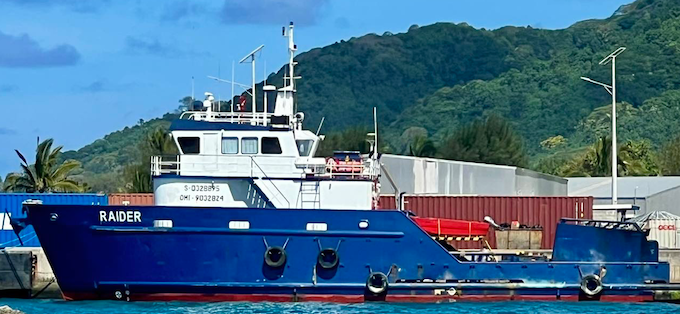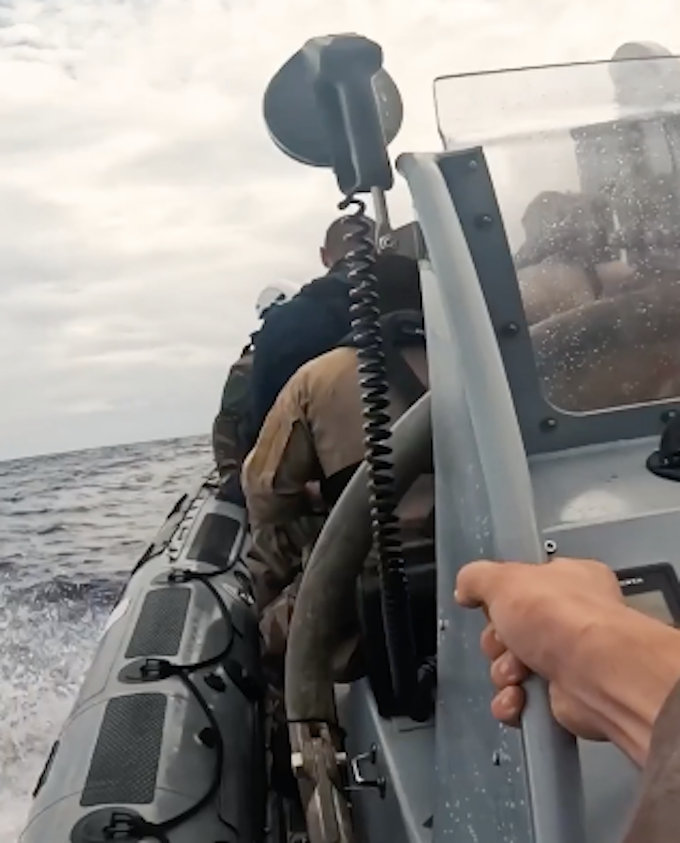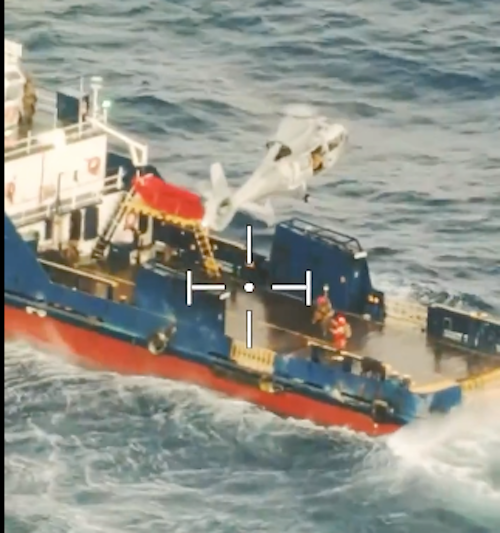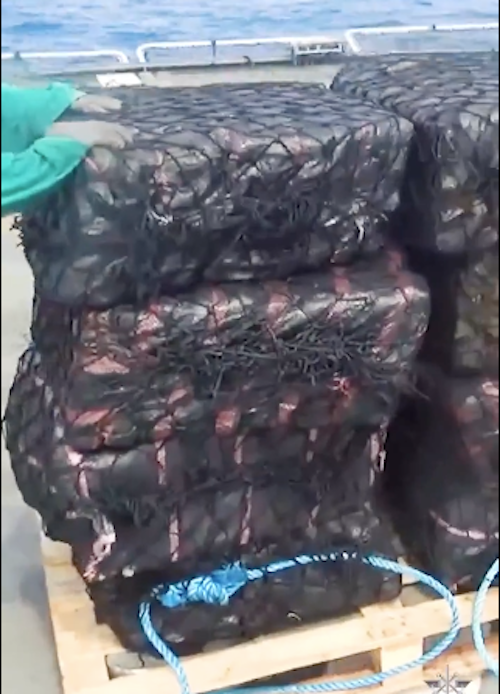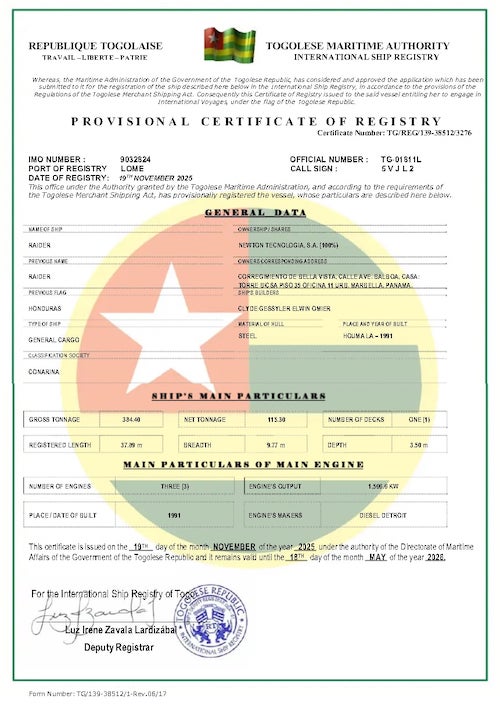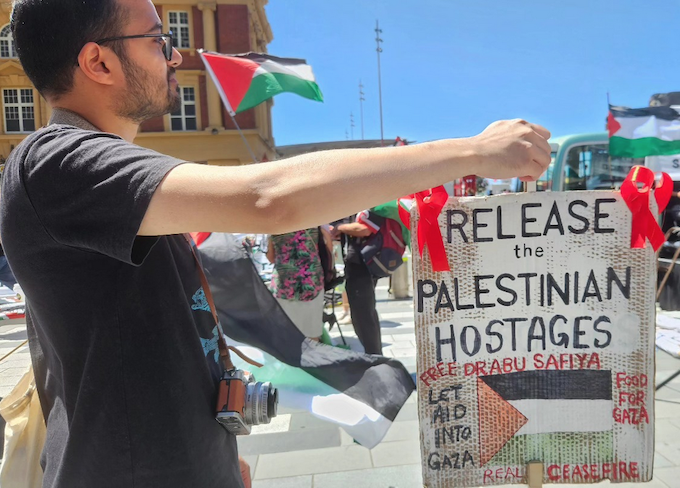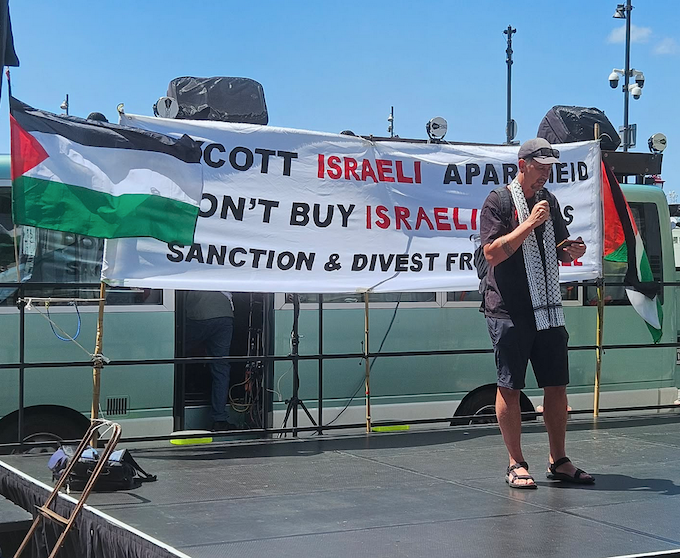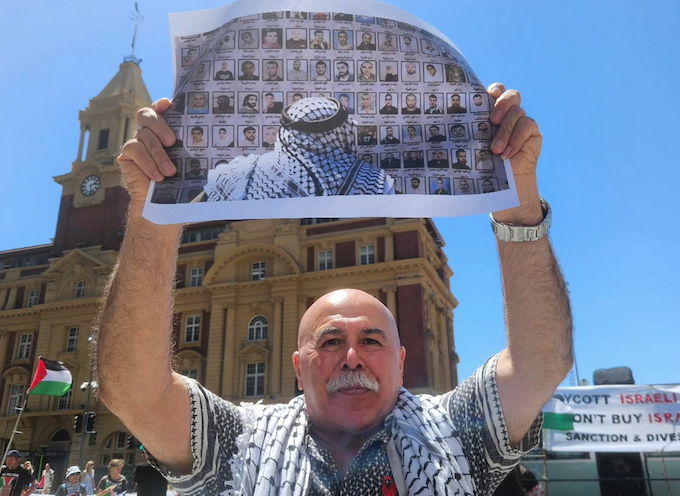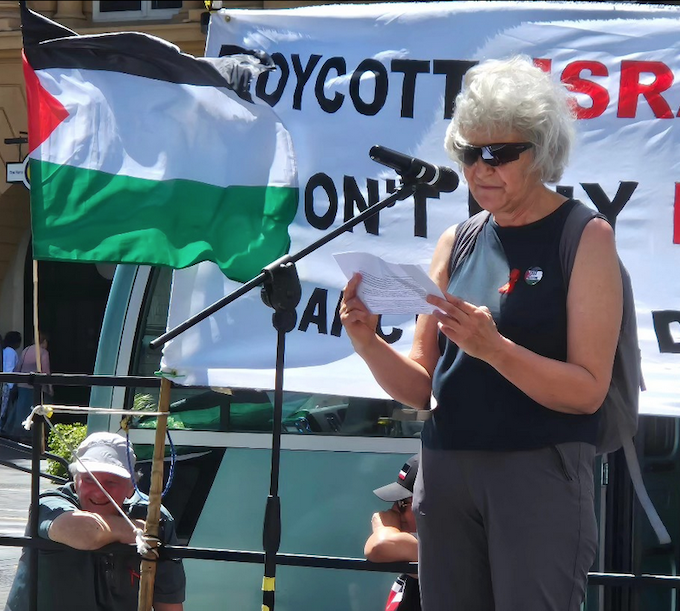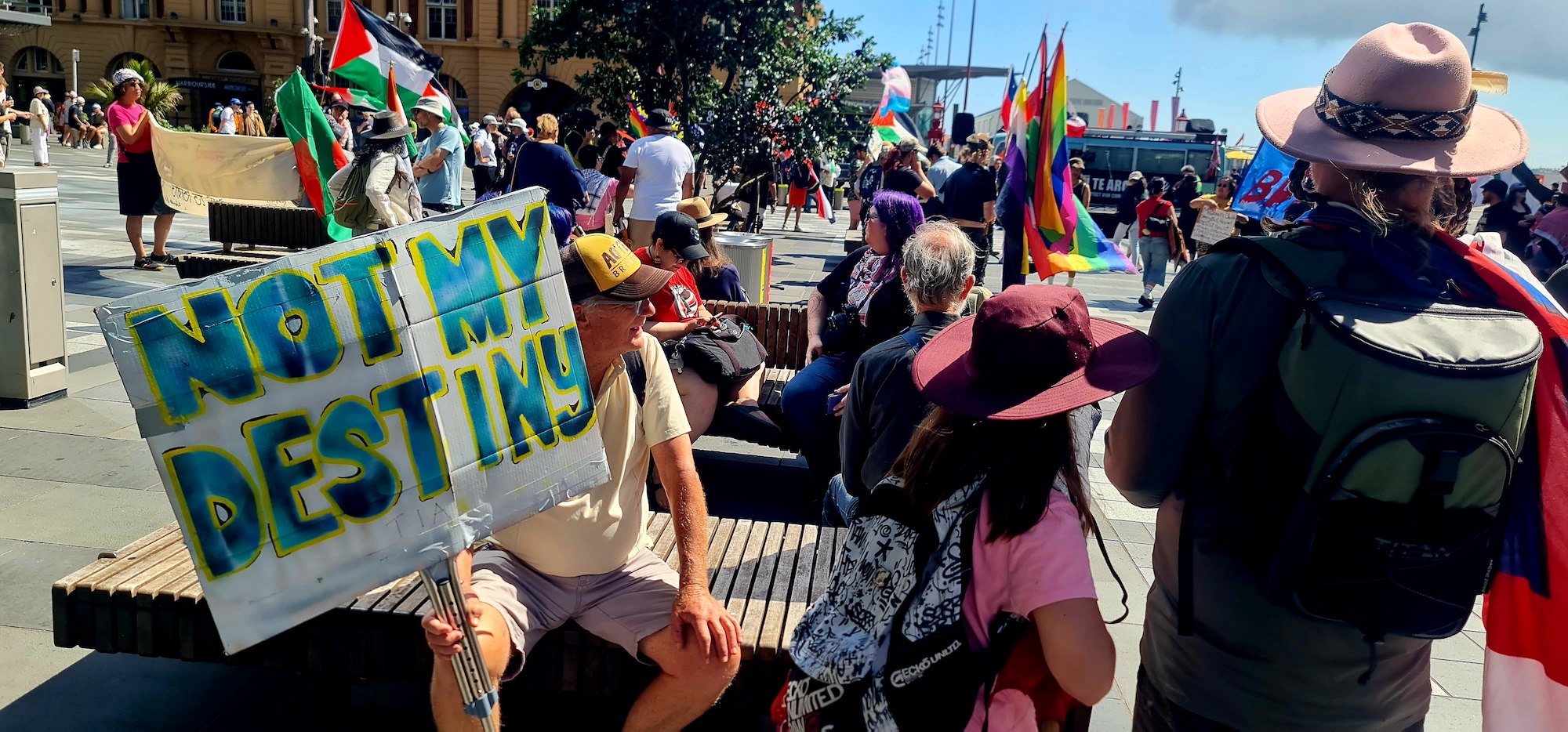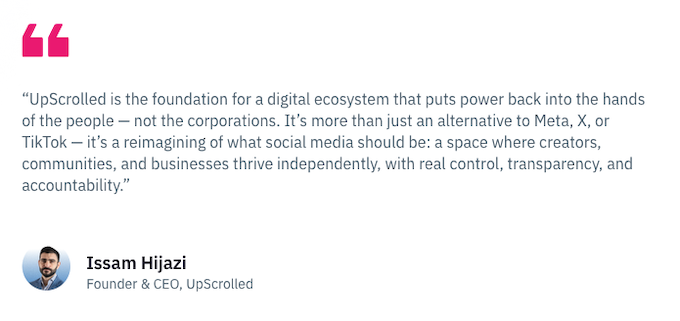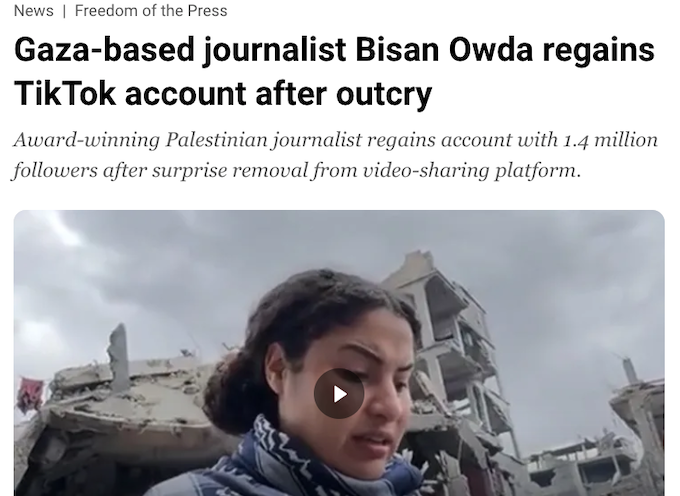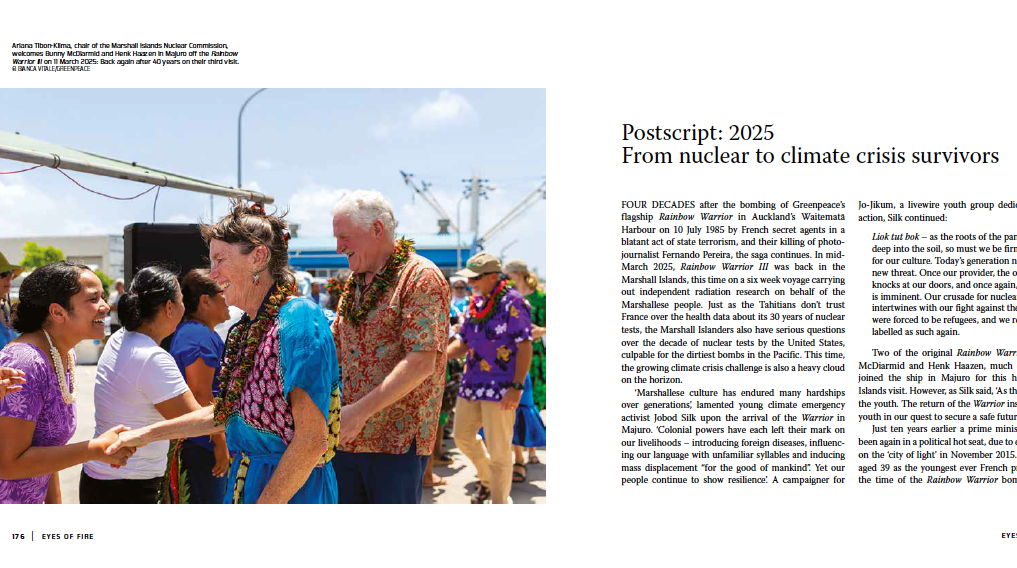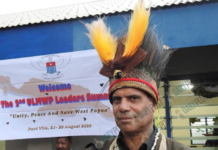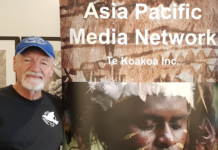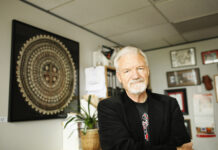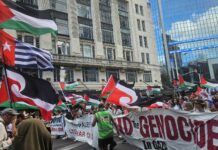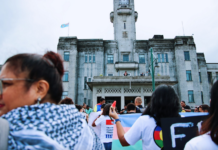COMMENTARY: By Jonathan Cook
If you struggle to cope with the endless pressure to communicate in an ever-more connected world, spare a thought for the late serial paedophile Jeffrey Epstein.
The flood of three million documents released by the US Department of Justice last weekend confirm that Epstein spent an inordinate amount of time corresponding with the huge network of powerful acquaintances he had developed.
Emailing alone looks to have been almost a full-time job for him — and in a real sense, it was.
The personal attention he devoted to billionaires, royalty, political leaders, statesmen, celebrities, academics and media elites was how he kept himself at the heart of this vast network of power.
His address book was a who’s who of those who shape our sense of how the world ought to be run. But it was also critical to how he drew some of these same powerful figures deeper into his orbit, and into a world of debauched and exploitative private parties in New York and on his Caribbean island.
Apparently there are another three million documents still being withheld. Their contents, we must presume, are even more damning to the global elite cultivated by Epstein.
The more documents that come to light, the more a picture emerges of how Epstein was shielded from the consequences of his own depravity by this network of allies who either indulged his crimes, or actively participated in them.
Epstein’s modus operandi looked suspiciously like that of a gangland boss, who requires initiates to take part in a hit before they become fully fledged members of the mob. Complicity is the safest way to guarantee a conspiracy of silence.
Network of power
It is not just that the late paedophile financier was for decades hiding in plain sight. His network of friends and acquaintances were hiding with him, all assuming they were untouchable.
His abuse of young women and girls was not just a personal crime. After all, for whom were he and his procurer-in-chief, Ghislaine Maxwell, doing all this sex trafficking?
This is precisely why so many of the millions of documents released have been carefully redacted — not chiefly to protect his victims, who are apparently too often identified, but to protect the predatory circles he serviced.
What is notable about the latest tranche of Epstein files is how suggestive they are of a worldview associated with “conspiracy theorists”. Epstein was at the centre of a global network of powerful figures from both sides of a supposed — but in reality, largely performative — political divide between the left and right.
The same elite that once prized Epstein as its ringmaster is now trying to draw our attention away from its complicity in his crimes
The glue that appears to have bound many of these figures together was their abusive treatment of vulnerable young women and girls.
Similarly, the photos of rich men with young women suggest that Epstein accumulated, either formally or informally, kompromat — incriminating evidence — that presumably served as potential leverage over them.
In true Masonic style, his circle of peers appear to have protected each other. Epstein himself certainly benefited from a “sweetheart deal” in Florida in 2008. He ended up being jailed on only two charges of soliciting prostitution — the least serious among a raft of sex trafficking charges — and served a short term, much of it on work release.
And the mystery of how Epstein, a glorified accountant, financed his fantastically lavish lifestyle — when his schedule seems to have been dominated by emailing chores and hosting sex parties — grows a little less mysterious with every fresh disclosure.
His cultivation of the super-wealthy and their hangers-on, and the invitations to come to his island to spend time with young women, all smack of the traditional honeytrap famously employed by spy agencies.
Most likely, Epstein wasn’t financing all of this himself.
Israel’s fingerprints
That should be no surprise. Once again, the fingerprints of intelligence services — particularly Israel’s — are to be found in the latest dump of files. But the clues were there long before.
There was, of course, his intimate, preternatural bond with Maxwell, whose media tycoon father was exposed after his death as an Israeli agent. And Epstein’s long-standing best buddy, Ehud Barak, a former head of Israeli military intelligence who later served as prime minister, should have been another red flag.
That partnership featured prominently in a flurry of stories published by Drop Site News last autumn, from an earlier release of the Epstein files. They showed Epstein helping Israel to broker security deals with countries such as Mongolia, Cote d’Ivoire and Russia.
An active Israeli military intelligence officer, Yoni Koren, was a repeated houseguest at Epstein’s Manhattan apartment between 2013 and 2015. An email also shows Barak asking Epstein to wire funds to Koren’s account.
But the latest release offers additional clues. A declassified FBI document quotes a confidential source as saying Epstein was “close” to Barak and “trained as a spy under him”.
In an email exchange between the pair in 2018, ahead of a meeting with a Qatari investment fund, Epstein asks Barak to allay potential concerns about their relationship: “you should make clear that i dont work for mossad (sic).”
And in newly released, undated audio, Epstein advises Barak to find out more about US data analysis firm Palantir and meet its founder, Peter Thiel. In 2024, Israel signed a deal with Palantir for AI services to help the Israeli military select targets in Gaza.
Predictably, these revelations are gaining almost no traction in the establishment media — the very same media whose billionaire owners and career-minded editors once courted Epstein.
Instead, the media seem much more engrossed by weaker leads that suggest Epstein might have also had connections with Russian security services.
Faustian pact
There is a reason why the demand for the Epstein files has been so clamorous that even US President Donald Trump had to give in, despite embarrassing revelations for him too. Much of what we see happening in our ever-more debased, corrupt politics appears to defy rational, let alone moral, explanation.
Western elites have spent two years actively colluding in mass slaughter in Gaza — widely identified by experts as a genocide — and then labelling any opposition to it as antisemitism or terrorism.
Those same elites twiddle their thumbs as the planet burns, refusing to give up their enriching addiction to fossil fuels, even as survey after survey shows global temperatures relentlessly climbing to the point where climate breakdown is inevitable.
A series of reckless, illegal Western wars of aggression in the Middle East, as well as Nato’s long-term goading of Russia into invading Ukraine, have not only destabilised the world, but risk provoking nuclear conflagration.
And despite expert warnings, artificial intelligence is being rushed out with apparently barely a thought given to the unpredictable and likely massive costs to our societies, from eviscerating much of the job market to upending our ability to assess truth.
The Epstein files proffer an answer. What feels like a conspiracy, they suggest, is indeed a conspiracy — one driven by greed.
What was always staring us in the face might actually be correct: there is a steep entry price for being accepted into the West’s tiny power elite, and it involves putting to one side any sense of morality. It requires discarding empathy for anyone outside the in-group.
Maybe a soulless, flesh-eating elite in charge of our societies is less of a caricature than it appears. Maybe the Epstein files have such purchase on our imaginations because they teach us a lesson we already knew, confirming a cautionary tale that predates even the West’s literary canon.
More than 400 years ago, English writer Christopher Marlowe — a contemporary of William Shakespeare — drew on German folk stories to write his play Doctor Faustus, about a scholar who, through the intermediary Mephistopheles, agrees to sell his soul to the devil in return for magical powers.
Thus was born the Faustian pact, mediated by the Epstein-like figure of Mephistopheles. The great German writer Johann Wolfgang von Goethe would revisit this tale 200 years later in his two-part masterwork Faust.
Degenerate logic
Perhaps not surprisingly, however, the media noise over the Epstein files is serving chiefly to drown out a more truthful story struggling to emerge.
The same elite that once prized Epstein as its ringmaster is now trying to draw our attention away from its complicity in his crimes, to direct it to a few select individuals — notably in the UK, Andrew Mountbatten-Windsor and Peter Mandelson.
The pair hardly count as sacrificial lambs. Nonetheless, they serve the same purpose: to satiate the growing public appetite for retribution.
Meanwhile, the rest of his circle either deny the well-established evidence of their friendships with Epstein or, if cornered, hastily apologise for a brief lapse in judgment — before scurrying for cover.
Seen in this larger frame, what does it matter if children suffer, either in Gaza or in the mansions of a billionaire?
This is a false reckoning. The Epstein files don’t just show us the dark choices of a few powerful individuals. More significantly, they highlight the degenerate logic of the power structures behind these individuals.
The powerful figures who took Epstein’s Lolita Express to his island; who got “massages” from young, trafficked women and girls; and who casually joked about the abuse these youngsters suffered, are the very same people who quietly helped Israel commit mass slaughter in Gaza — and in some cases, noisily defended its right to do so.
Are we surprised that those who raised not a whisper of opposition to the murder and maiming of tens of thousands of Palestinian children, and the starvation of hundreds of thousands more, were also those who connived in rituals of abuse against children — or condoned such rituals — far closer to home?
These are the people who required anyone hoping to raise their voice in defence of Gaza’s children to spend their time instead condemning Hamas. These are the people who sought at every turn to discredit the mounting death toll of children by attributing it to Gaza’s “Hamas-run Health Ministry”.
These are the people who denied Israel’s targeting of hospitals needed to treat Gaza’s wounded and sick children — and ignored Israel’s mass starvation of the entire population. And these are the people now pretending that Israel’s continuing murder and torture of Gaza’s children amounts to a “peace plan”.
Neoliberalism and Zionism
Set aside his paedophilia for a moment. Epstein was the ultimate personification of the twin corrupting ideologies of neoliberalism and Zionism, which dominate Western societies. That is reason enough why he excelled for so long in their upper reaches.
The ultimate destinations of those ideologies were always going to lead to a genocide in Gaza, and in the years or decades ahead — unless stopped — to a planet-wide nuclear holocaust or climate collapse.
Ordinary men, women and children must be left on the sinking ship, while the billionaires requisition the lifeboats
Epstein could serve as a salutary warning of what is so deeply amiss with the West’s political and financial culture. But the wake-up call he represents is now being smothered in his absence as much as it was in his lifetime.
Neoliberalism is the pursuit of money and power for its own sake, divorced from any higher purpose or social good. Over the last half century, Western societies have been encouraged to venerate the billionaire — soon to be trillionaire — class as the ultimate signifier of economic growth and progress, rather than the ultimate marker of a system that has rotted from within.
Predictably, the super-rich and their hangers-on have been drawn to the advocates of “longtermism”, a movement that justifies the world’s current gross inequalities and injustices — and is resigned to a coming climate and environmental apocalypse as the world’s resources are used up.
Longtermism argues that humanity’s salvation lies not with reorganising our societies politically and economically in the here and now, but with intensifying those inequalities to achieve longer-term success via a class of Nietzschean Ubermensch, or superior beings.
A tiny financial elite needs absolute freedom to amass more wealth in search of the solutions — via tech innovations, of course — to overcome the difficulties of surviving on our fragile planet. The rest of us are an impediment to the super-rich’s ability to steer a course to safety.
Ordinary men, women and children must be left on the sinking ship, while the billionaires requisition the lifeboats. In the words of one of longtermism’s gurus, Nick Bostrom, an Oxford University philosopher, what lies ahead is “a giant massacre for man, a small misstep for mankind”.
To borrow a term from video-gaming, members of the neoliberal elite view the rest of us as non-player characters, or NPCs — the filler characters generated in a game to serve as the background for the actual players. Seen in this larger frame, what does it matter if children suffer, either in Gaza or in the mansions of a billionaire?
No moral outlier
If this sounds a lot like traditional, “white man’s burden” colonialism, updated for a supposedly post-colonial era, that’s because it is. This helps to explain why neoliberalism pairs so comfortably with another depraved colonial ideology, Zionism.
Zionism gained ever-more legitimacy in the aftermath of the Second World War, even as it brashly preserved through the postwar era the depraved logic of the very European ethnic nationalisms that had earlier culminated in Nazism.
Israel, Zionism’s bastard child, not only mirrored Aryan supremacy, but made its own version — Jewish supremacy — respectable. Zionism, like other ugly ethnic nationalisms, demands tribal unity against the Other, values militarism above all else, and constantly seeks territorial expansion, or Lebensraum.
Is it any surprise that it was Israel that, over many decades, reversed the advances of an international legal system set up precisely to prevent a return to the horrors of the Second World War?
Is it any surprise that it was Israel that carried out a genocide in full view of the world — and that the West not only failed to stop it, but actively colluded in the mass slaughter?
Is it any surprise that, as Israel has found it harder to conceal the criminal nature of its enterprise, the West has grown more repressive, more authoritarian in crushing opposition to its project?
Is it any surprise that the weapons systems, surveillance innovations and population-control mechanisms that Israel developed and refined for use against Palestinians make it such a prized ally for a Western billionaire class looking to use the same technological innovations at home?
That is why the Home Secretary of a UK government that threw its weight behind the genocide in Gaza, and defined opposition to it as terrorism, now wants to revive the 18th-century idea of the Panopticon prison, an all-seeing form of incarceration, but in an AI version.
In Shabana Mahmood’s words, her Panopticon would ensure that “the eyes of the state can be on you at all times”.
Nearly two decades ago, it became clear that Jeffrey Epstein was a predator. In recent years, it has become impossible to maintain the idea that he was a moral outlier. He distilled and channelled — through depraved forms of sexual gratification — a wider corrupt culture that believes rules don’t apply to special people, to the chosen, to the Ubermensch.
A handful of his most disposable allies will now be sacrificed to satisfy our hunger for accountability. But don’t be fooled: the Epstein culture is still going strong.
Jonathan Cook is a writer, journalist and self-appointed media critic and author of many books about Palestine. Winner of the Martha Gellhorn Special Prize for Journalism. Republished from the Middle East Eye with the author’s permission.
